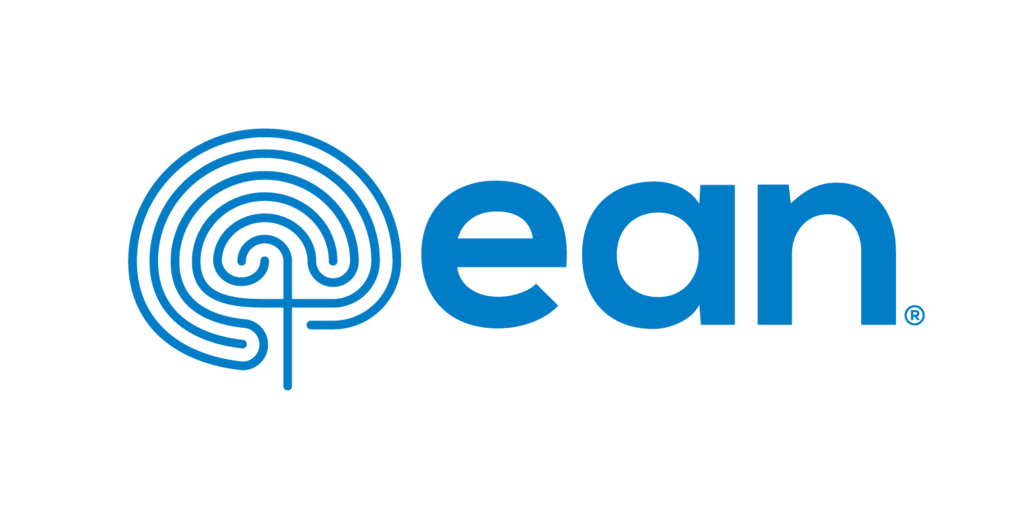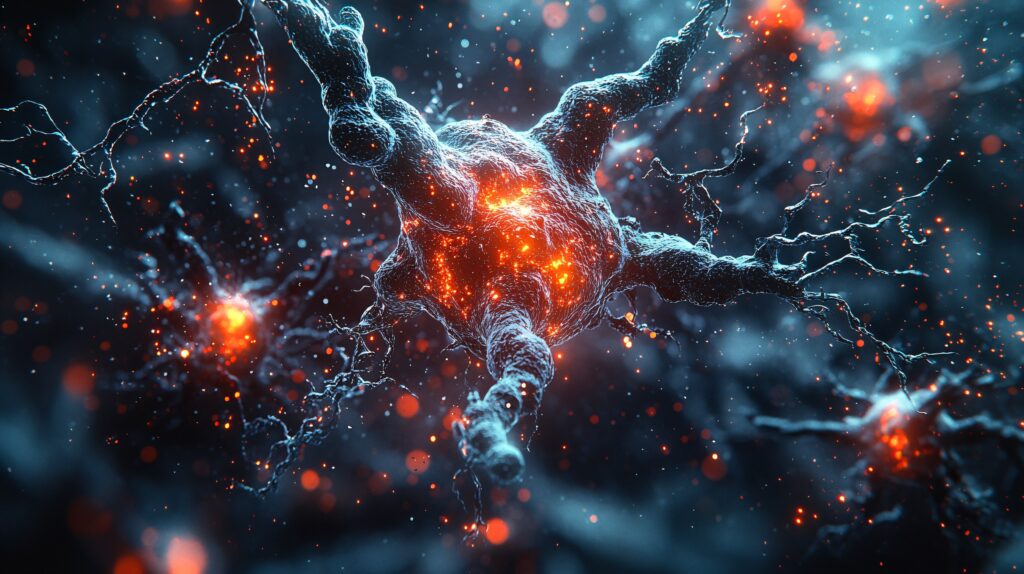Neuroimmunology
An Introduction to Neuroimmunology
Neuroimmunology aims to understand the interactions of the immune and nervous systems. Neural targets involved in many aspects of homeostasis are affected by inflammatory cytokines. The most well-known autoimmune neurological disorder is multiple sclerosis, characterised by an inflammatory autoimmune attack on the myelin sheath and neurodegeneration. Neuroinflammation also plays a role in in Alzheimer’s and Parkinson’s diseases, amyotrophic lateral sclerosis, Huntington’s disease, stroke, chronic depression and schizophrenia. Neuroimmunology is also an important consideration in the design of neural implants. Further understanding of the balance between beneficial and pathological effects of the immune system on the neuronal system will facilitate the development of novel therapies.
Browse our gallery of video highlights and short articles from the conference hub, providing latest expert insights from major conferences and peer-reviewed articles from the journal portfolio.
Our supporting partners do not constitute an endorsement of the content on this page.
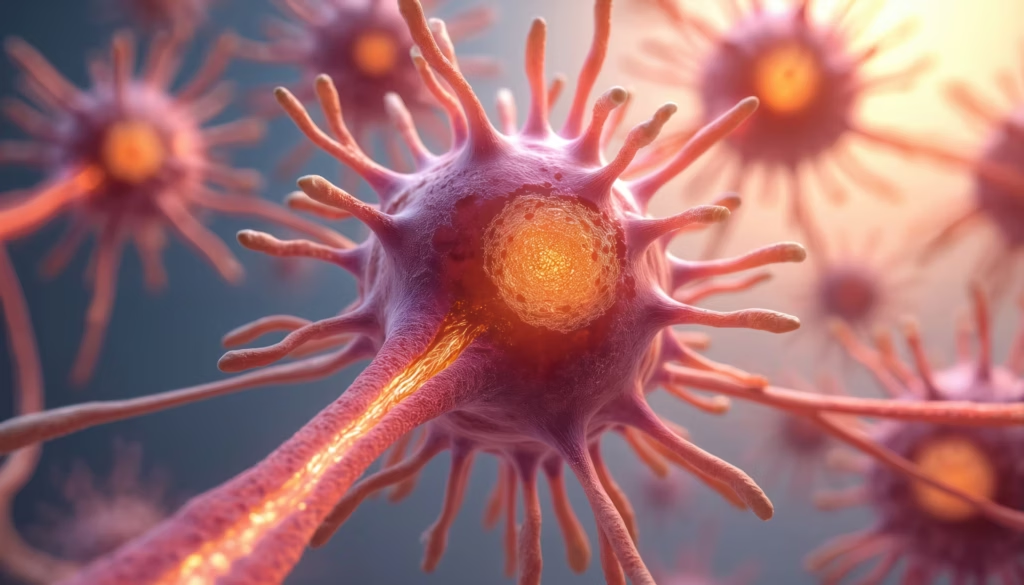
At EAN 2025, Prof. Moccia shared his perspective on the evolving multiple sclerosis McDonald criteria, the role of advanced imaging and fluid biomarkers, and the exciting innovations reshaping MS diagnosis and management.

Physician burnout is at a critical point. In this episode, Nicky speaks with Dr Alfred Atanda about why so many physicians are burning out and what can be done to change the trend. From personal experience to system-wide solutions, Dr Atanda shares valuable insights on improving physician well-being and building a more effective healthcare culture.

In this episode, we explore the future of continuing medical education (CME) with the team behind touchIME. Hannah Fisher and Matthew Goodwin share insights into global and US trends, the importance of patient inclusivity and how educational outcomes are evolving to better measure the direct impact of learning on clinical practice and patient care.

"this is a field where rigorous science can rapidly change lives" Dr Bardia Nourbakhsh, Associate Professor of Neurology, Johns Hopkins University, Baltimore, MD, USA, is a rising star whose work bridges rigorous clinical neurological research with compassionate, patient-centred care. ...

Multiple sclerosis (MS) is a chronic neurological condition that often presents with vague or intermittent symptoms, making early recognition particularly challenging in primary care. As diagnostic delays can significantly impact long-term outcomes, timely identification and referral are critical. In alignment ...
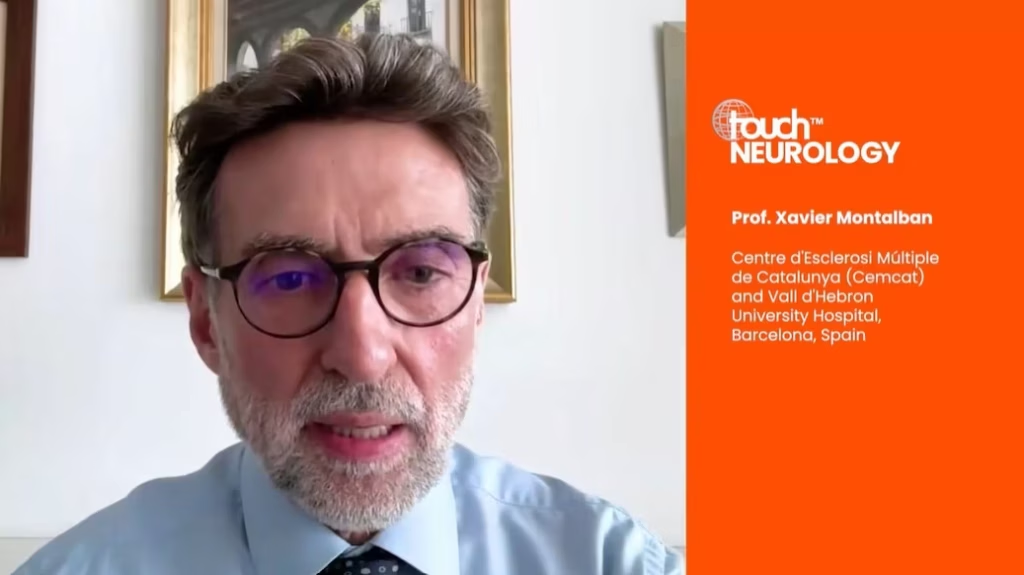
Join an expert as they discuss MS pathophysiology and the potential of BTK inhibitors to delay progression.
Brain Awareness Week, taking place from March 10-16, 2025, is a global campaign dedicated to fostering public enthusiasm and support for brain science, organised by the Dana Foundation. Each March, participants worldwide organize imaginative activities that highlight the wonders of the brain and the profound impact of neuroscience on our daily lives.
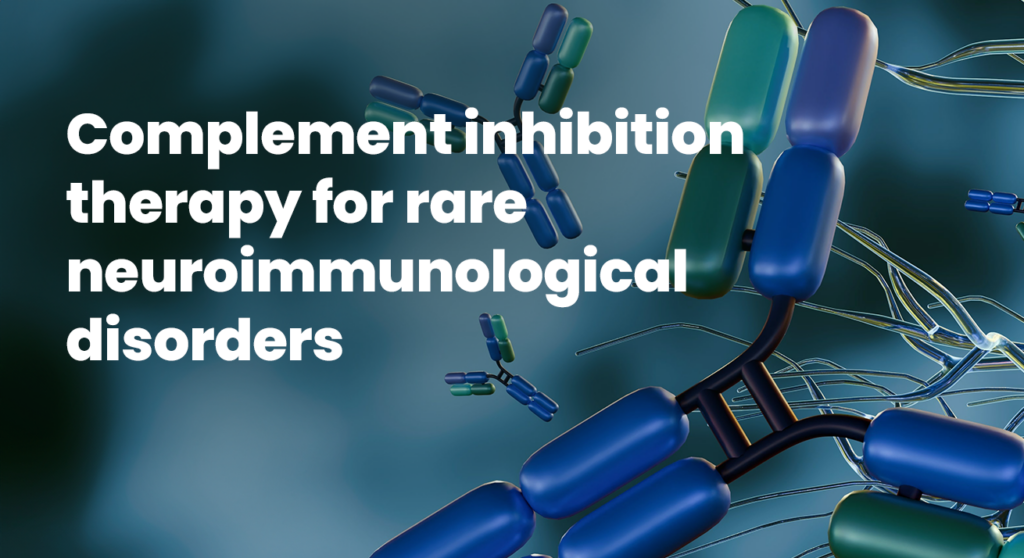
This content is sponsored by Alexion, AstraZeneca Rare Disease.
Leading experts discuss clinical evidence and real-world experience with complement inhibition therapy in the rare autoimmune disorders AChR-Ab+ gMG and AQP4-Ab+ NMOSD.
AQP4-Ab+, anti-aquaporin-4 antibody-positive
gMG, generalised myasthenia gravis
NMOSD, neuromyelitis optica spectrum disorder
M/GL/UNB-g/0030 02/2025 Date of Preparation: February 2025
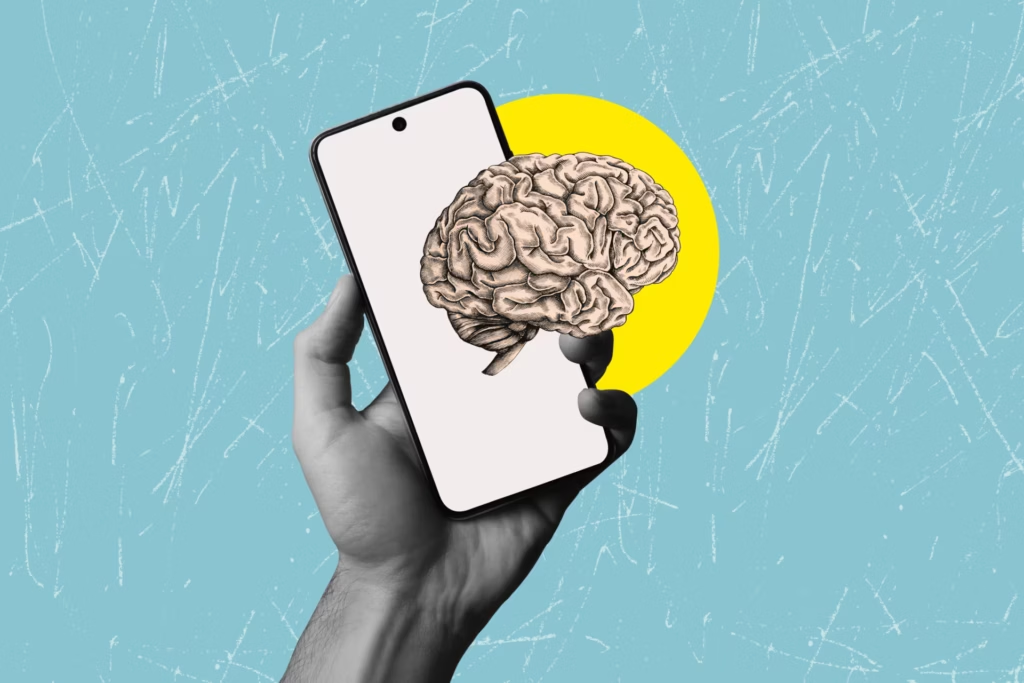
In this episode, we’re joined by Bradley Love, Professor of Cognitive and Decision Sciences at UCL, ELLIS fellow, and creator of BrainGPT. We discuss how this large language model is poised to assist researchers in advancing their work.

In our latest Q&A, we are delighted to welcome Editorial Board member Dr David Hafler, William S. and Lois Stiles Edgerly Professor and Chairman of the Department of Neurology at Yale School of Medicine, as well as Neurologist-in-Chief at Yale-New Haven Hospital. Dr Hafler's groundbreaking work in multiple sclerosis (MS) research has helped establish the disease as an autoimmune disorder and led to the development of therapies such as natalizumab. His contributions include identifying myelin-reactive T cells, uncovering the genetic and molecular mechanisms underlying MS, and exploring the role of salt in driving autoimmune responses. A highly cited neurologist, he has received numerous awards, including the Dystel Prize, the Raymond Adams Award, and the NIH Javits Investigator Award, and is a member of the National Academy of Medicine.
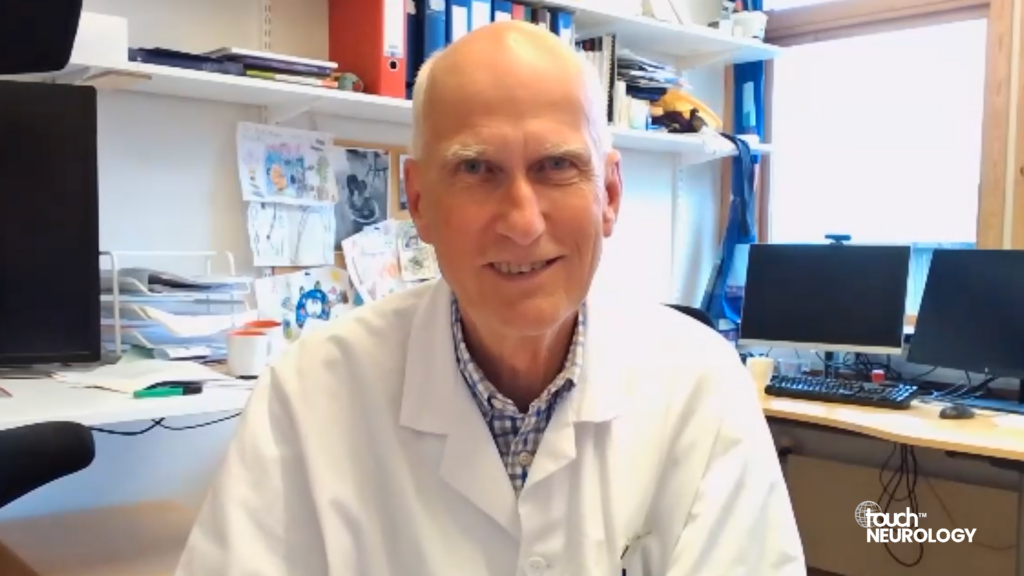
Myasthenia gravis (MG) is an autoimmune disorder where antibodies disrupt the neuromuscular junction, causing muscle weakness that worsens with activity. MG subgroups are based on muscle weakness location, age, antibody type, and thymus pathology, with some patients experiencing severe, treatment-resistant symptoms. Biomarkers can indicate prognosis. First-line treatments include pyridostigmine for symptomatic relief and immunosuppressants like prednisolone and azathioprine. Thymectomy is recommended for certain patients. Second-line treatments include mycophenolate, rituximab, and others, with new therapies like complement and FcRn inhibitors showing promise. Intravenous immunoglobulin and plasma exchange are used for acute exacerbations. Supportive therapy, including adapted exercise, is crucial. In refractory cases, comorbidities and diagnosis accuracy should be reconsidered.
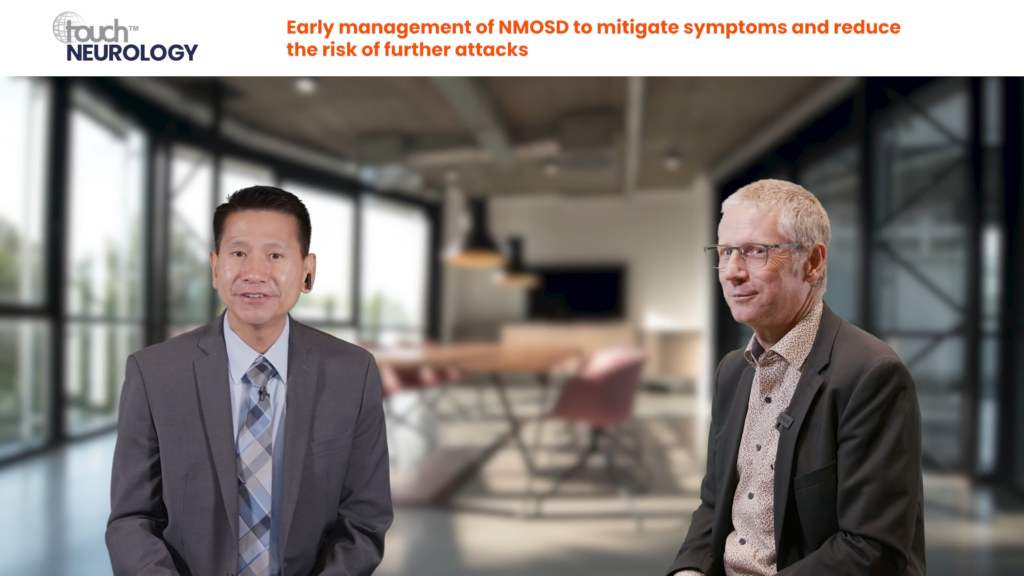
A neurologist and a neuro-ophthalmologist discuss best practices for early diagnosis and treatment of NMOSD








Welcome to the latest edition of touchREVIEWS in Neurology. We are excited to present a collection of articles that showcase the latest advancements and diverse perspectives in neurological research and treatment. This issue features insightful reviews and editorials from esteemed ...
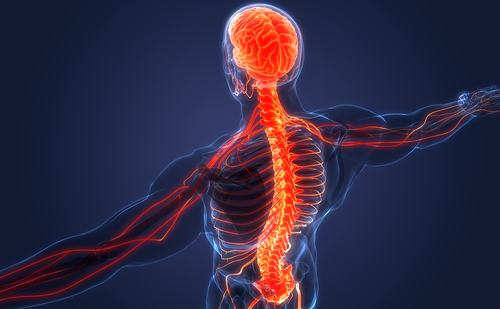
Neuromyelitis optica spectrum disorders (NMOSD) are a group of relapsing autoimmune diseases of the central nervous system. The clinical hallmarks of NMOSD are myelitis and optic neuritis; however, a wider clinical spectrum has been recognized.1 The majority of patients with ...
Latest articles videos and clinical updates - straight to your inbox
Log into your Touch Account
Earn and track your CME credits on the go, save articles for later, and follow the latest congress coverage.
Register now for FREE Access
Register for free to hear about the latest expert-led education, peer-reviewed articles, conference highlights, and innovative CME activities.
Sign up with an Email
Or use a Social Account.
This Functionality is for
Members Only
Explore the latest in medical education and stay current in your field. Create a free account to track your learning.


